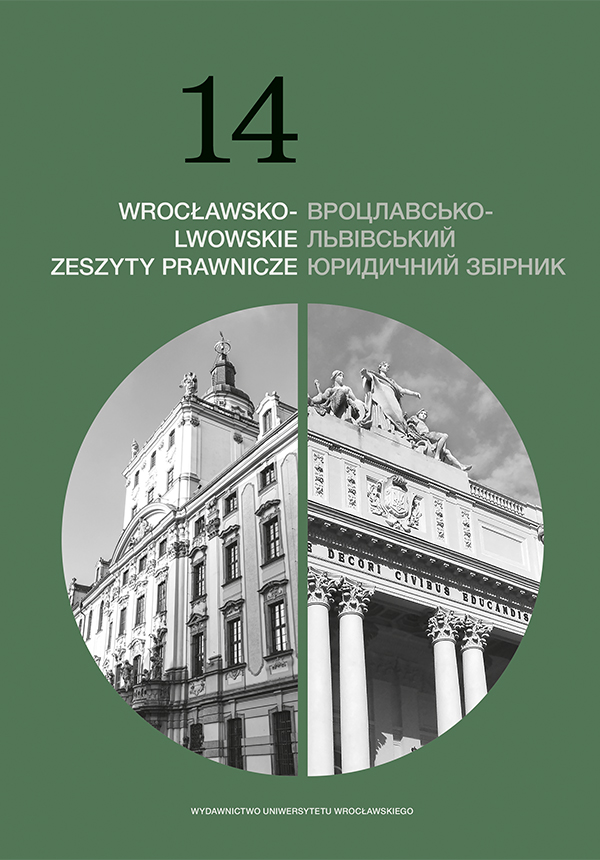Komunistyczna rewolucja w Niemczech w ujęciu teorii rewolucji permanentnej Lwa Trockiego
The communist revolution in Germany in the context of Leon Trotsky's permanent revolution theory
Author(s): Jakub SkrzyniarzSubject(s): History, Political history, Recent History (1900 till today), History of Communism
Published by: Wydawnictwo Uniwersytetu Wrocławskiego
Keywords: Leon Trotsky; Trotskyism; Marxism; communism; socialism; Soviet Union; revolution; Weimar Republic; Joseph Stalin
Summary/Abstract: The subject of the article is the vision of the communist revolution in Germany in the years 1918–1923, as perceived in the political thought of Leon Trotsky. The aim of the article is to demonstrate that Trotsky viewed the German revolution through the lens of his theory of permanent revolution. Trotsky firmly believed that the German revolution must follow a similar trajectory to the Russian revolution. Between 1918 and 1923, the German Communist Party made several attempts to seize power. The defeat in World War I caused the collapse of the German Empire and establishment of the Weimar Republic, which from the very beginning faced significant sociopolitical challenges. The severe economic conditions fostered the radicalization of the proletariat, with increasing support for communist parties. At the turn of August and September 1923, the Weimar Republic confronted another crisis related to the occupation of the Ruhr area by France. In 1923, the Bolsheviks were convinced that the time was right for a revolution, so they pressured the German communists to carry out an armed coup. The attempt to seize power failed, shattering hopes for an international revolution and delivering a significant blow to Trotsky.
Journal: Wrocławsko-Lwowskie Zeszyty Prawnicze
- Issue Year: 14/2023
- Issue No: 1
- Page Range: 45-57
- Page Count: 13
- Language: Polish

